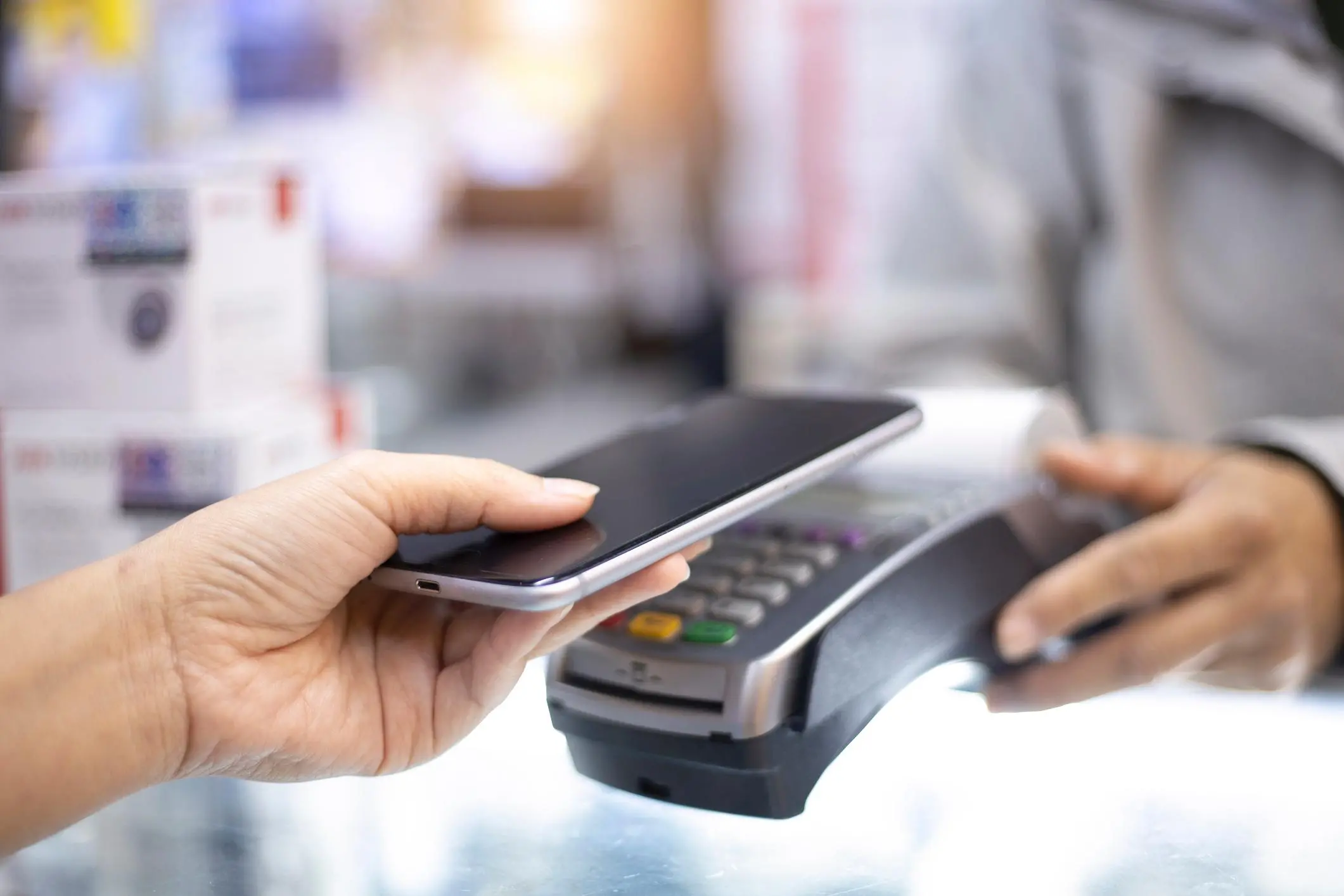PHOTO
MANAMA: Cashless payments in Bahrain jumped 65 per cent to nearly $744 million last month, after topping $3.62 billion in the first half of this year, data from the Central Bank of Bahrain (CBB) reveal.
There were more than 11.3m point-of-sale (PoS) and e-commerce transactions transactions in Bahrain last month, valued at BD279.6m ($743.7m), the banking regulator said.
The value of e-commerce and PoS payments rose by 50pc in August 2021 compared to the same month last year and there were more than 53m digital payments in the first half of 2021, the data shows.
The figures reflect the trend in the rest of the GCC, which is currently experiencing a region-wide surge in online and digital payments as countries accelerate their transition towards cashless societies in the wake of the pandemic.
Lockdowns last year caused a dramatic shift towards digital payment systems.
Bahrain’s national electronic wallet, BenefitPay, announced a 785pc increase in the number of remittances through its Fawri+ service – an almost real-time fund transfer service which allows individuals or entities to transfer funds of up to BD1,000 per day in less than 30 seconds – exceeding $5m in 2020.
And research from the European Payments Council indicates that the Mena region will process around 139bn individual non-cash transactions in 2022, which is 90bn more than five years ago.
Bahrain is among the leaders of the Middle East’s march towards a cashless financial system, thanks to its innovative regulation of fintech.
The kingdom boasts some of the world’s most advanced digital infrastructure and has produced several leading start-ups that are disrupting the region’s digital payments infrastructure.
Dalal Buhejji, executive director of business development investment origination at the Economic Development Board (EDB), said: “Even before the pandemic, the GCC was embracing digital and mobile banking and payments. Bahrain has anticipated the trends that were catalysed by the pandemic. The kingdom has a proven track record of reacting quickly to embrace emerging financial technologies and flexibly regulate them. An example of our forward-thinking regulatory framework is the way the kingdom mandated the adoption of open banking. Our regulatory approach, along with our advanced digital infrastructure, is why we are at the forefront of developing the technologies, solutions and ecosystems that will form the future of the region’s digital economy.”
The EDB is the national investment promotion agency.
Reforms to open banking are expected to have broad ramifications for the payments business, according to a recent survey from McKinsey.
More than a quarter of respondents (27pc) in the survey picked regulatory approval for open banking as the government- or regulator-driven action that would be most effective in steering customers to digital payments.
In 2018, Bahrain made a leap forward in the financial services sector, issuing open banking rules, followed by a framework with guidelines on data sharing and governance in 2020.
© Copyright 2020 www.gdnonline.com
Copyright 2021 Al Hilal Publishing and Marketing Group Provided by SyndiGate Media Inc. (Syndigate.info).





















